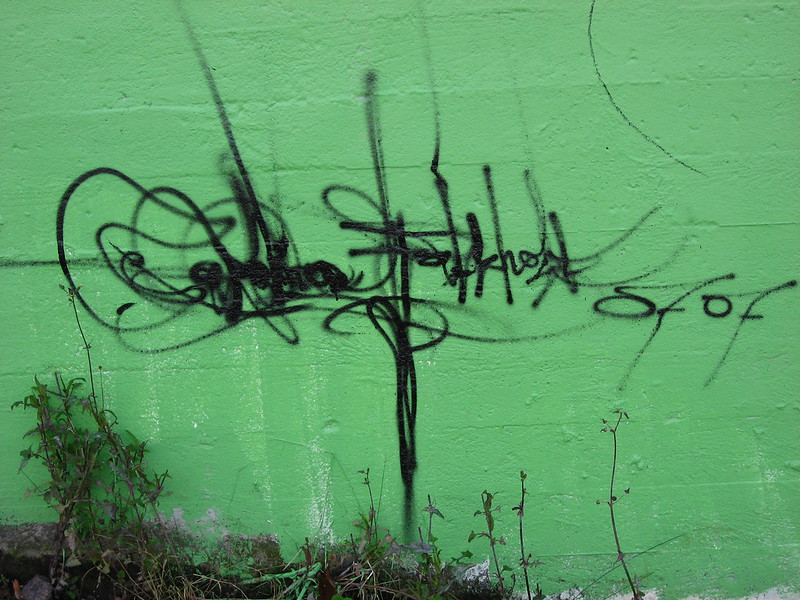
Week 2: Understanding the term “Discourse Community” (DC)
Class Info
- Dates: Thursday, 2/2-Wednesday, 2/8
- Meeting Info: 10:00-11:15am in room N618
Objectives
- To explore the concepts of discourse communities and code switching
Action
- Complete any unfinished work from Week 1, including joining and getting acquainted with our OpenLab site.
For Thursday 2/2
Reading
- “She’s Your Basic LOL in NAD” by Perri Klass. (Google Doc version if you want to share your annotations)
Writing
- Annotate as you read our course’s texts.
In Class, Thursday, 2/2
- Writing: What are your goals for this semester? What support do you need to achieve these goals? How to they relate to your goals for college, for your career, for your future?
- Reading: Amy Tan, “Mother Tongue” (use this more complete version of “Mother Tongue” instead)
- Reading: Perri Klass, “She’s Your Basic LOL in NAD”
For Tuesday, 2/7:
Reading
- Read “Dedicatory Letter” to A Vindication of the Rights of Woman, by Mary Wollstonecraft.
- Slideshow: “Discourse Communities” by Carrie Hall, Director of First Year Writing at City Tech
Writing
- Contribute to our discussion about how we can apply some of our texts to understand other texts that we’re reading or writing.
In Class, Tuesday, 2/7
- Grading percentages vote
- Using your phone or other device, come up with a definition for these important terms: How do we define discourse communities? How do we define code switching? Take note of the sources you use. If you can, add your definitions as a comment on this post.
- discourse community: group of people who share a set of discourses values and assumptions, and share ways of communicating about those goals. Collection of people or groups who work toward a common goal through communication, develops a unique vocabulary or jargon, and a power structure tied to the source of their community.
- code switching: two types: language based, how you switch languages to talk to other people, and culture based, which is the style or presentation, how you keep yourself. alternating between two or more languages or varieties of languages in conversation; shifting or manipulating one’s behaviors to appeal to a different crowd or audience; ways in which a member of underrepresented group consciously or unconsciously adjusts their syntax, grammatical structure, behavior , and appearance to fit into the dominant culture (from www.betterup.com)
- What discourse communities are we members of? what DCs do we feel excluded from? what DCs do we want to join, and how?
- Reflection: what stands out or remains with you from class today? What questions do you have? what do you want to know more about? Answer any or all.
- Next time:
- Why is Wollstonecraft writing this letter? What is the issue she identifies? Explain why she sees the issue as a problem.
- Describe one of Wollstonecraft’s writing strategies that gets your attention. Quote from the letter and explain what she is doing and why it caught your attention.
- What DCs do we recognize in this text? in the others that we’ve read this week?




Code switching is divided into two types. Language based and culture based